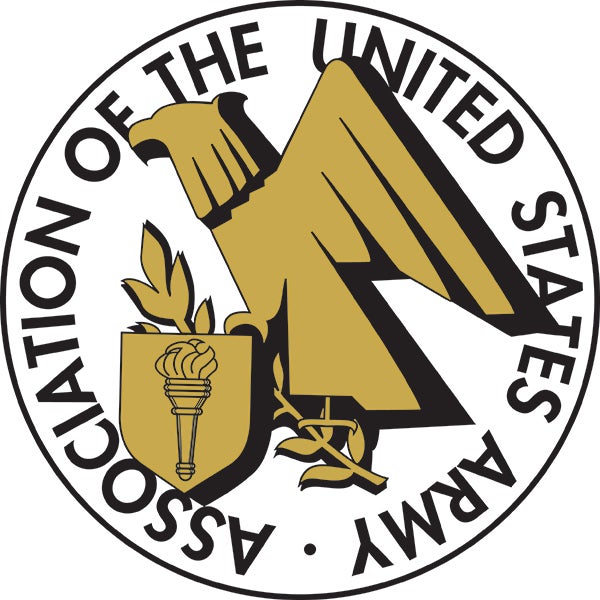LANPAC: Interoperability Becoming More Important in Pacific
LANPAC: Interoperability Becoming More Important in Pacific

Interoperability – a phrase coined during the Cold War to talk about the U.S. being able to work with European allies on common defense – has gained new interest as a result dramatic technology gains and efforts to widen U.S. influence and partnerships into areas such as the Indo-Asia-Pacific region, Lt. Gen. Stephen R. Lanza, I Corps commanding general, said Wednesday.Originally an information technology term about network interface, interoperability was adopted by the U.S. military as a phrase covering the ability to work together sharing equipment, doctrine, strategy and goals. It generally requires cooperation, integration and standardization.Speaking as part of a panel discussion at LANPAC, an Association of the U.S. Army-sponsored symposium and exposition about landpower, Lanza said the U.S. military has made great gains with the services working together.Multinational interoperability isn’t an Army-specific issue, Lanza said, but takes on heightened interest as the Army is expanding training and cooperation with other nations under the Pacific Pathways program.“There are future threats here if we don’t do this right going forward,” Lanza said.One of the issues in training and ultimately doing operations together is technology, Lanza said. Technology can help bridge problems working together, but it also can cause new problems if the technology is too complex to be easily shared.Marine Lt. Gen. David H. Berger, the 1 Marine Expeditionary Force commanding general, said he agreed with Lanza’s push but said there is resistance by some in the U.S. military to spending the time and effort to be able to work more closely and toward the same goal with foreign units.
- Some complain that interoperability efforts leads to training set a lower, lowest-common-denominator standard.
- There are concerns, based on U.S. military examples, that having a goal of interoperability can delay fielding of new equipment while details are negotiated.
- Losing the U.S. edge in operations also is a concern, he said, based on a fear that if everyone is interoperable then everyone’s actions are easier to predict.
- Some commanders also resist training that would aid interoperability because they claim to be too busy.
“I don’t believe any of those things,” Berger said.Lanza said technology needs to focus on having compatible systems that can be delivered quickly but can be operated in interservice and multinational environments without needing adjustments or work-arounds.One help would be to train leaders to think about how decisions affect people not just on their team but on their potential team, said Albert A. Sciarreta, a senior research fellow for National Defense University’s Center for Technology and National Security Policy. When working with people with whom you have not worked with before, a leader’s preferences may not be understood, Sciarreta said.

